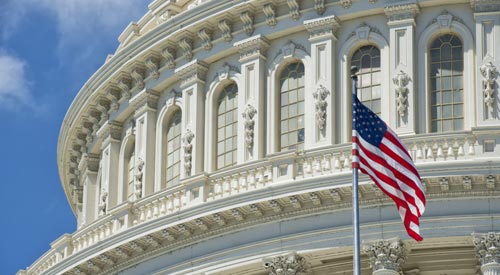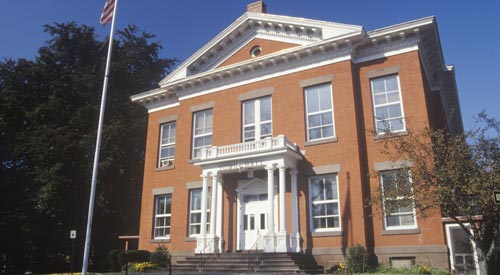One State’s Crusade to Limit Campaign Contributions Could Have Nationwide Repercussions
Governing: Montana has spent more than a hundred years trying to keep a lid on campaign contributions. It is still trying.
Back around the dawn of the 20th century, the Anaconda Copper Co. and a cabal of “copper kings” ruled the roost in the Treasure State. One of their number, William A. Clark, actually bought himself a seat in the U.S. Senate in 1899; that body initially refused to seat him due to qualms about the bribery scheme. Clark’s plot and others led Montana citizens in 1912 to approve a corrupt practices act, barring all corporate spending in state elections. That law lasted until 2011, when it was overturned by the U.S. Supreme Court on the grounds that it interfered with free speech.
But Montana still had in place limits on the size of campaign contributions that could be given to candidates. The limits were imposed by voters in 1994. Five years ago, U.S. District Judge Charles Lovell found that those limits too were an unconstitutional violation of the First Amendment, because they didn’t allow candidates sufficient resources to run their campaigns. His decision was rejected by the 9th Circuit Court of Appeals, which sent the case back down for him to reexamine.
Tags
Share
Top Stories
- Future-proofing smart cities with open standards
- 5 States Challenged the Federal Contractor Wage Increase and Lost
- States should follow feds in Chinese tech bans
- A new initiative seeks to help small cities access infrastructure funding
- Governments view open source as critical for enhancing digital services, experts say
- More States Move to Ban TikTok from Government Devices
- Cyber, digital services, workforce primary focus for state CIOs in 2023
- Virginia has a data center problem
- Efficient public safety demands evolving tech
- Digitized services drive citizen satisfaction
- State chief information officers are handling much more than just tech
- States target mainframes in legacy system modernization
- How one city’s IT team keeps up with rapid growth
- How one agency’s cloud migration smoothed the path for others
- NASCIO: States must ‘hyper-focus’ on IT modernization
- Louisiana Becomes First State to Receive Internet for All Grants
i360Gov Newsletters
The most significant government policy, business, and technology news and analysis delivered to your inbox.
Subscribe NowTrending
- Mayor launches IT modernization to boost services delivery
- Local government on the edge: The future of IT infrastructure
- Digitized services drive citizen satisfaction
- Why cities and towns see a huge economic opportunity in the semiconductor bill
- New York state pumps the brakes on crypto mining
- The best offense is a strong defense: Improve cloud security with visibility and zero trust segmentation
- How state and local leaders can use data to ensure broadband access for all
- Over $105 Million Going to Better Internet for Native American Communities


















